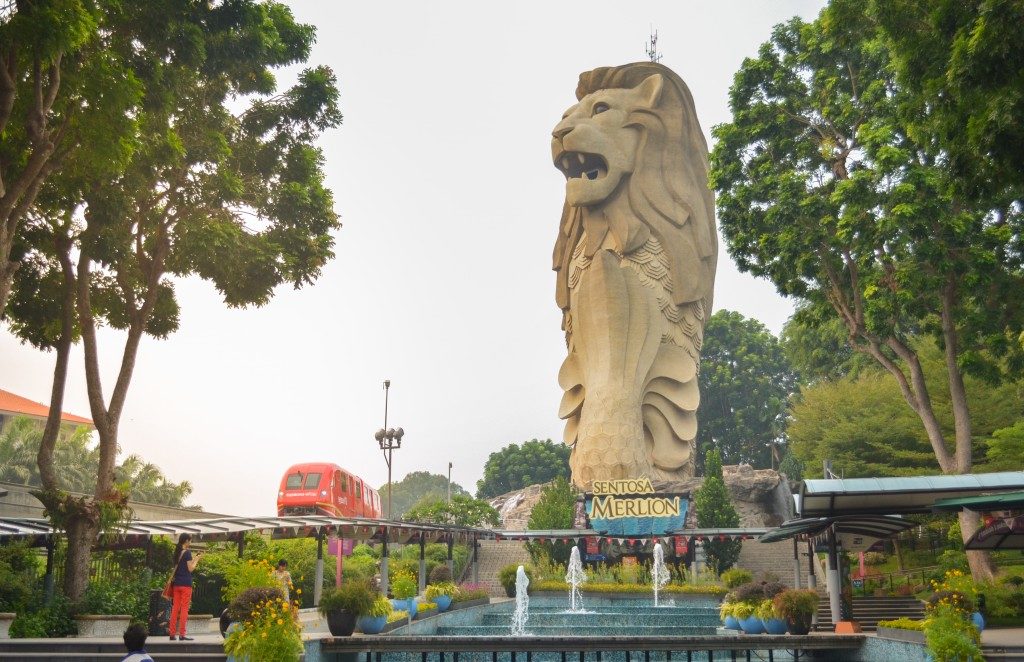Last week, the Council for Creative Education, Finland published the results of the recent Programme for International Student Assessment (PISA), wherein Singapore ranked second only to China in reading, mathematics, and science. In 2015, the Organization for Economic Cooperation and Development (OECD) rated the country’s educational system as the best in the world. OECD Director Andreas Schleicher said that Singaporeans are especially proficient in math and science.
But Singaporeans do not only excel in English, math, and science; they also offer competitive programs in Master of Science in Business Analytics. This makes their business schools among the best in the world. But why are Singaporeans great in academics? What separates them from the rest of the world?
The average Singaporean 15-year-old is 10 months ahead than students of Western countries in English. In mathematics, they are 20 months ahead. Does this speak of the calibre of excellence in Singaporean education? Or is it more about their discipline as a nation?
Government Policies
The government plays an active role in reevaluating and improving Singapore’s educational system. It passed resolutions aiming to enforce the quality of education in academic institutions in the country. Until recently, the government would publish the names of the top-scoring students on the national exams to foster competitiveness among its citizens.
The government stopped the practice because it reportedly caused anxiety and stress in students. Singapore also enacted a strategy called “Teach Less, Learn More.” Under this program, teachers must focus on the quality of education rather than on the quantity of lessons.
Singapore’s educational system is also well-funded; teachers are highly paid there. Secondary school teachers receive an annual salary of S$68,000, while primary school teachers earn S$57,000 a year. This allows academic institutions to hire experts from different fields.
Parental Support
Singaporean culture is another crucial role in the excellence of its students. Parents don’t believe that some kids are born smarter. Surveys show that 70% of Singaporean parents sign up their children for extra classes. Even businesses are supportive of such a scheme. Bookstores in Singapore dedicate more than half of their space for educational materials.

The students are “programmed” to excel in school due to their culture. Although such competitiveness is being curbed to take the pressure off the students, the government and the parents have already instilled discipline in these children so that they will continue to pursue excellence in everything they do. Parents also support the rigorous academic environment of schools in Singapore. This leads to students being more compliant and classrooms orderly.
The fact that Singapore is such a tiny nation also plays a role in why it is easier to manage. This allows the government to focus on its population’s academic ranking. There are only about 360 schools in Singapore. It is easier to progress within such a small system.
The Western world can learn a lot from Singapore’s culture and discipline. If governments want their people to compete on a global scale, they need to look at Singapore. They have to model their educational policies on the discipline that Singaporeans are most well-known for.






